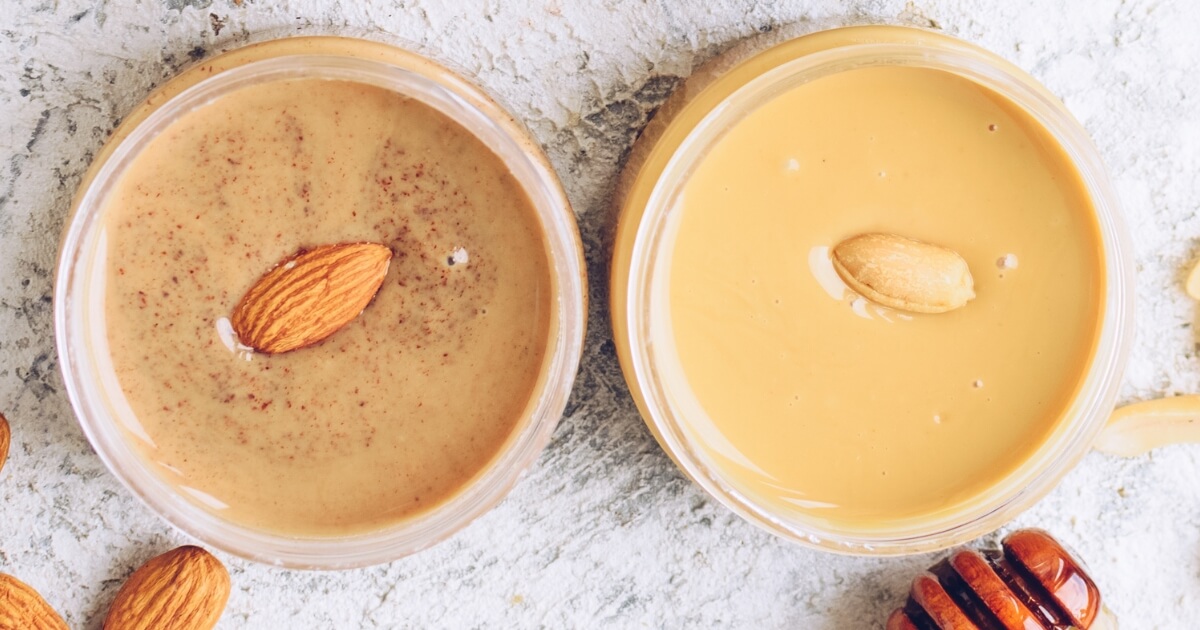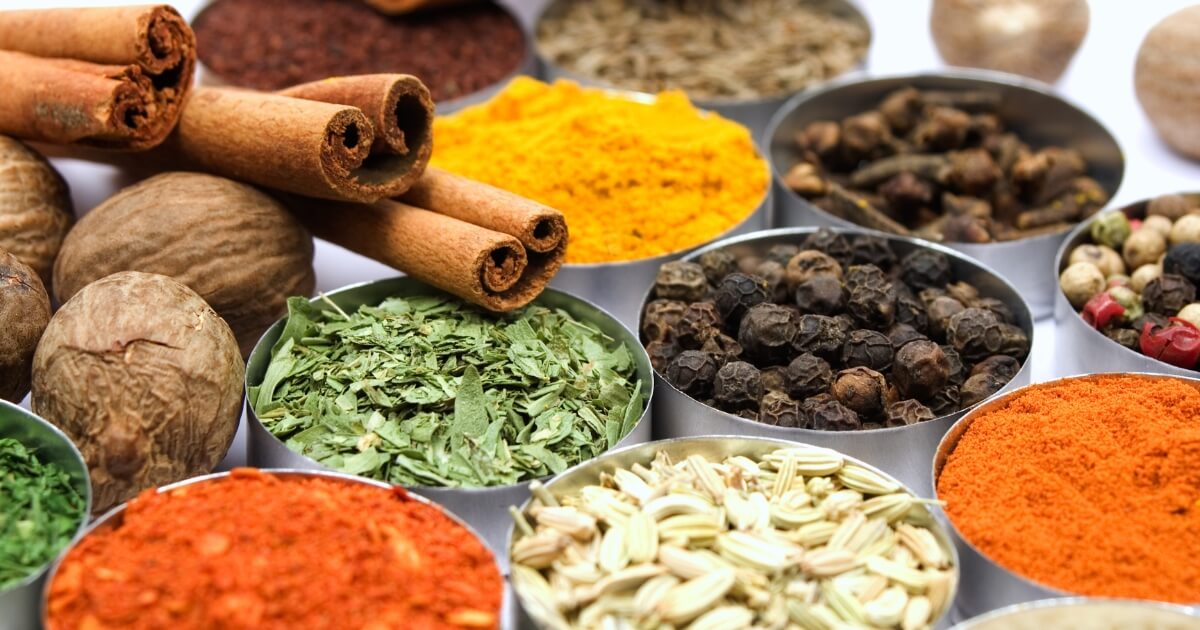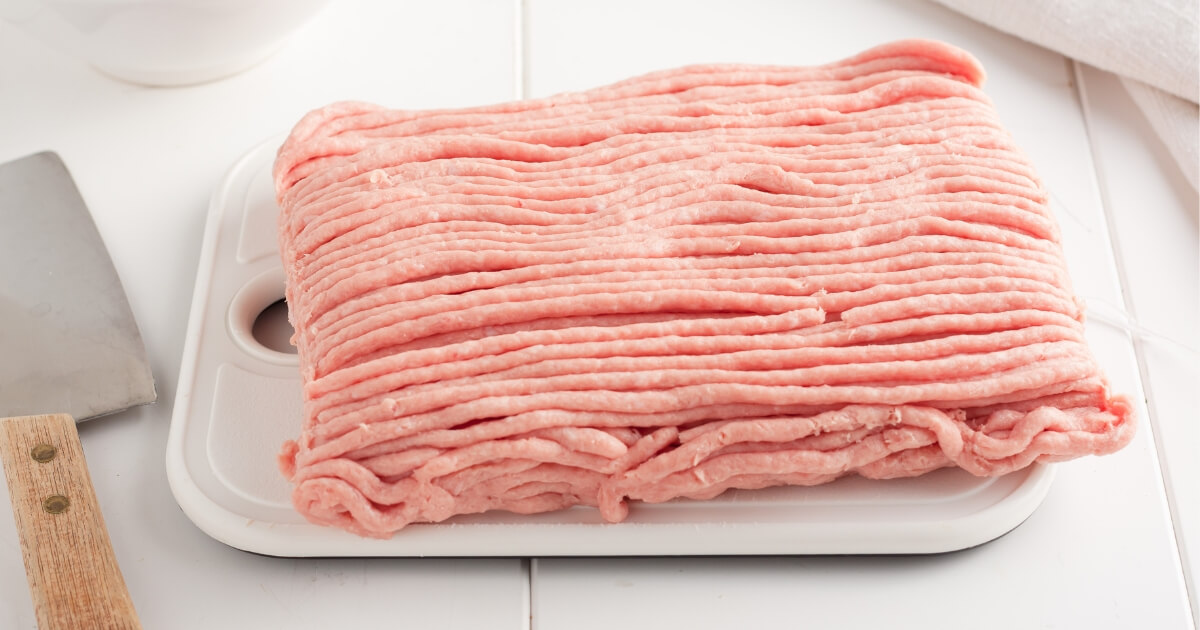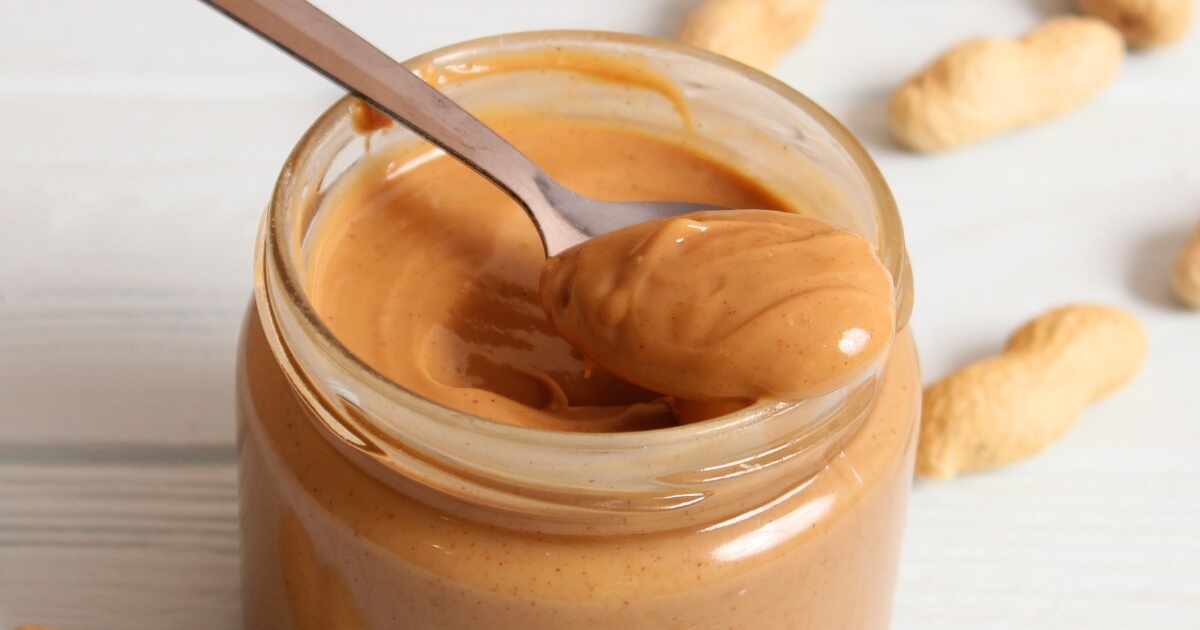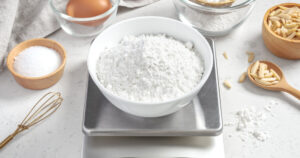Oyster sauce is an essential condiment and delightfully salty and sweet addition to many dishes.
The intriguing balancing act between the salt preservative on one side and the heavy fermentation on the other may have you asking yourself, “Does oyster sauce go bad?”
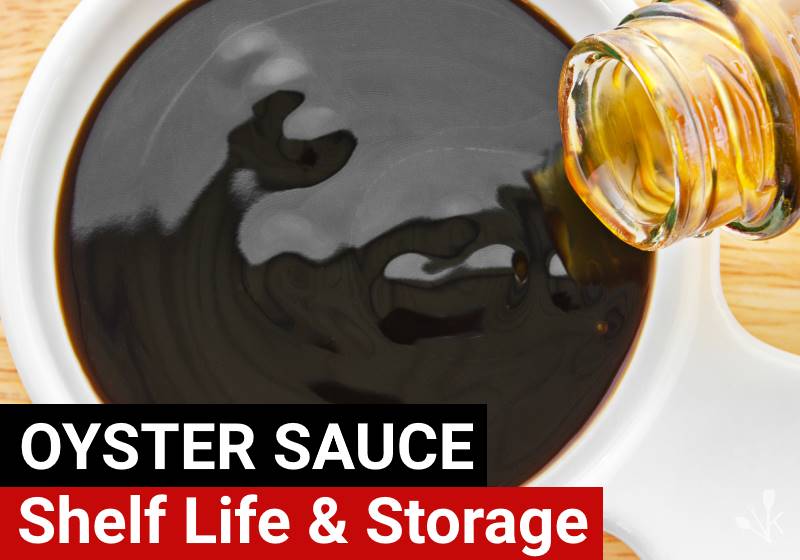
Most self-respecting oyster sauces have enough protective chemicals in them to keep them delicious for about 3 to 6 months after you open the bottle.
The decline process is gradual, so keep your nose peeled for signs that it’s going off. Off oyster sauce is no laughing matter.
Let’s talk about how to keep that oyster sauce fresh!
How Long Does Oyster Sauce Last?
Despite all its salt and sugar, if you let oyster sauce sit for long enough, entropy will eventually win, and it will begin to spoil.
In the long run, this condiment is susceptible to certain molds and bacteria, although you can keep these at bay for longer by storing it properly. Here’s about how long you can expect it to last.
An opened bottle of oyster sauce lasts about:
- Up to 3 months in the pantry
- 6 months in the fridge
An unopened bottle should last:
- 1 year in the pantry
- 2 years in the fridge
We found these conservative estimates for the shelf life of oyster sauce in the Foodkeeper app at FoodSafety.gov. Many other experts we read give it a longer estimate.
Although your oyster sauce may technically last longer, we believe you’ll get the best quality and most flavor if you finish opened bottles within six months and unopened bottles within two years.
If you’ve had your bottle for longer than this and there are still no signs of it going bad, it’s most likely still safe to eat.

Related | Low Mein vs Chow Mein
The sauce’s quality will start to wane, the color may get darker, and the flavor may get weirder due to the oxidation process. If it’s not rancid or moldy, though, you don’t have to toss it yet.
Does Oyster Sauce Need To Be Refrigerated?
Some of the higher-end brands of oyster sauce recommend that you refrigerate their product.
Golden Dragon puts a refrigeration advisory on their labels, and Maekrua bottles are clearly marked with, “Refrigerate after opening.”, and Kikkoman states on their website that their sauces “should be refrigerated after opening to preserve their quality.”
If you eat a lot of oyster sauce, you’ll probably finish your bottle well within the quality window. If you plan to keep it for a good while, cold temperatures can keep it fresher for longer.
As a side note, the freezer is no place for your oyster sauce. Sodium dissolved in a liquid is notoriously freeze-resistant. Fermentation produces ethanol, which lowers the freezing temperature even more.
Oyster sauce’s high salt content and fermentation makes it almost impossible to freeze.
Related | Does Soy Sauce Go Bad?
How To Tell if Oyster Sauce Has Gone Bad
Condiments are full of preservatives, so it can be extra tricky to tell when they’ve gone bad. Here are a few of the more obvious signs as well as a couple you might never have guessed.
Your oyster sauce might be on its way out if you find:
- Mold
- Weird smells
- Darker colors
- Thinner consistency
Mold can grow on both solids and liquids. Oyster sauce mold is usually a fuzzy white or green. You may see it floating on the surface and think you can just scoop it out and carry on oystering.
Unfortunately, invisible mold spores often penetrate deeper into the sauce than what you can see, and you don’t want those in your stomach.
Your nose is an expert on food safety. Give your sauce a good whiff to see if it can detect any faint notes of putrefaction. If your nose doesn’t like what it smells, out, damned sauce! Out, I say!
If your oyster sauce is slowly becoming darker than you remember it, this can be a sign of oxidation. If it still smells good, it’s probably not bad yet. It’s getting there fast, though, so hurry up!
The consistency of the sauce is a good indicator of its age. Oyster sauce is generally thickened with cornstarch, which will start to separate from the liquid contents once the sauce gets old enough.
If it refuses to mix again, even with a vigorous stirring, it’s time to toss the sauce.
Can Expired Oyster Sauce Make You Sick?
Eating off oysters is a serious health risk. Not all oyster sauce contains oyster extract, though. Even brands that do use flavoring from real oysters usually contain a lot more salt and other preservatives.
If you use a brand with a lot of oyster extract and you’ve left it in poor conditions long enough to allow harmful bacteria to grow, it can make you extremely sick. It can be dangerous to ignore the warning signs in the above section when it comes to oyster sauce.
In extreme cases, oyster sauce can give you food poisoning with the following symptoms:
- Nausea
- Fever
- Diarrhea
- Stomach cramps
If you still feel terrible after 48 hours of rest and consuming very little besides fluids, we recommend you see a doctor.
How To Store Oyster Sauce
Oyster sauce makers give it plenty of processing to keep it stable on the shelf as long as possible, even after opening. Here are a few things you can do to help:
- Seal your sauce
- Keep temperate temperatures
- Park it in the dark
Oyster sauce usually comes in a container with a resealable lid. This may be a flip-up lid or a screw-on cap. Always put the lid back on after using!
The bacteria you need to keep away thrive on old oysters and fresh oxygen. If you can keep the fresh oxygen out, the oyster sauce will be safer longer.
If your oyster sauce came in a can, find an airtight plastic container or glass jar you can use to seal your sauce.
Those bacteria also love heat, so try to keep your sauce away from the stove and out of direct sunlight.
To keep your pantry in a safely temperate temperature zone, make sure it never goes above about 70 degrees Fahrenheit.
Although light is a lot less harmful than heat, your oyster sauce will taste fresher for longer if you park it in the dark. Kitchen cupboards are better than kitchen counters.
If the bottle recommends refrigeration or you’re a slow oyster sauce eater, feel free to pop the sauce in the fridge when you’re not using it.
While you don’t technically need to refrigerate most oyster sauces, cooler temperatures can help it keep its original flavor, color, and consistency for longer.
Refrigeration is essential for high-end oyster sauces that contain 40% or more real oyster extract. If you spent that little extra on the real thing, we recommend investing that extra second or two to store it in the refrigerator door beside the mayonnaise between uses.
Final Thoughts
Like its seafloor ancestors, the oysters themselves, oyster sauce loves cool, dark places with no air.
The higher the oyster extract content, the more precautions you should take, and the lower the temperature you should keep it in.
High-end brands usually recommend refrigeration, but most oyster sauce can be kept in a cool kitchen cupboard. The preservatives in oyster sauce keep it mostly harmless.
If your oyster sauce smells or looks weird, though, don’t risk it. Off oyster sauce can do nasty things to your stomach.
Related | How Long Do Oysters Last?


